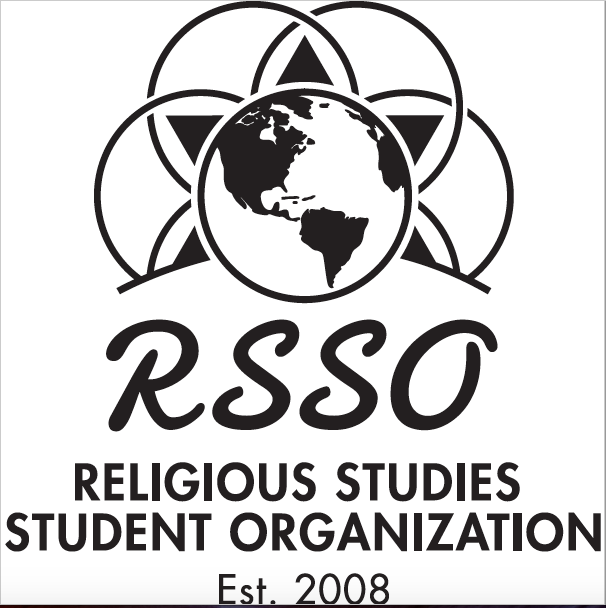Moderator
Dr. David Hoeveler
Location
University of Wisconsin-Milwaukee
Start Date
12-4-2014 9:45 AM
End Date
12-4-2014 10:45 AM
Abstract
The United States of America was founded largely on the idea of religious freedom. The laws of this country were written with religious references weaved in and out of the political wording, and on its money was written “In God We Trust”. The Christian church is an establishment which, even after suffering many forms of persecution, has held power for thousands of years. While this power was said to be based in the truths of scripture, many argue that the real power stemmed from corruption. Emily Dickinson challenges the idea of established Christianity, and the typically held interpretation of freedom of religion, with her poetry, giving her readers the idea that freedom from religion is what she as an individual sought. While it is not known whether Dickinson herself was a Christian, what is clear through her poetry is that she struggled with its need for conformity and for submission to either a higher power or to an establishment. This can be seen through her use of religious phrases, hymn form, and references to Christ as a tool. She subtly yet boldly argues that Christianity’s true power lies with the people, rather than with Christ himself. This essay will look at Dickinson’s use of the word “he” as Christ, the word “I” as the poet herself, and the importance of her use of capitalization to show a shifting of power from Christ to self. By focusing on poem 454 as it is presented in the R.W. Franklin edition of her poetry, as well as incorporating passages from Biblical scripture, and by referring to previous poems in which Dickinson employs the same strategy of writing, this analytical interpretation will strive to highlight where Emily Dickinson implies true power lies.
Transfer of Power from Christ to Self: A Close Reading of Emily Dickinson’s Poem 454
University of Wisconsin-Milwaukee
The United States of America was founded largely on the idea of religious freedom. The laws of this country were written with religious references weaved in and out of the political wording, and on its money was written “In God We Trust”. The Christian church is an establishment which, even after suffering many forms of persecution, has held power for thousands of years. While this power was said to be based in the truths of scripture, many argue that the real power stemmed from corruption. Emily Dickinson challenges the idea of established Christianity, and the typically held interpretation of freedom of religion, with her poetry, giving her readers the idea that freedom from religion is what she as an individual sought. While it is not known whether Dickinson herself was a Christian, what is clear through her poetry is that she struggled with its need for conformity and for submission to either a higher power or to an establishment. This can be seen through her use of religious phrases, hymn form, and references to Christ as a tool. She subtly yet boldly argues that Christianity’s true power lies with the people, rather than with Christ himself. This essay will look at Dickinson’s use of the word “he” as Christ, the word “I” as the poet herself, and the importance of her use of capitalization to show a shifting of power from Christ to self. By focusing on poem 454 as it is presented in the R.W. Franklin edition of her poetry, as well as incorporating passages from Biblical scripture, and by referring to previous poems in which Dickinson employs the same strategy of writing, this analytical interpretation will strive to highlight where Emily Dickinson implies true power lies.

